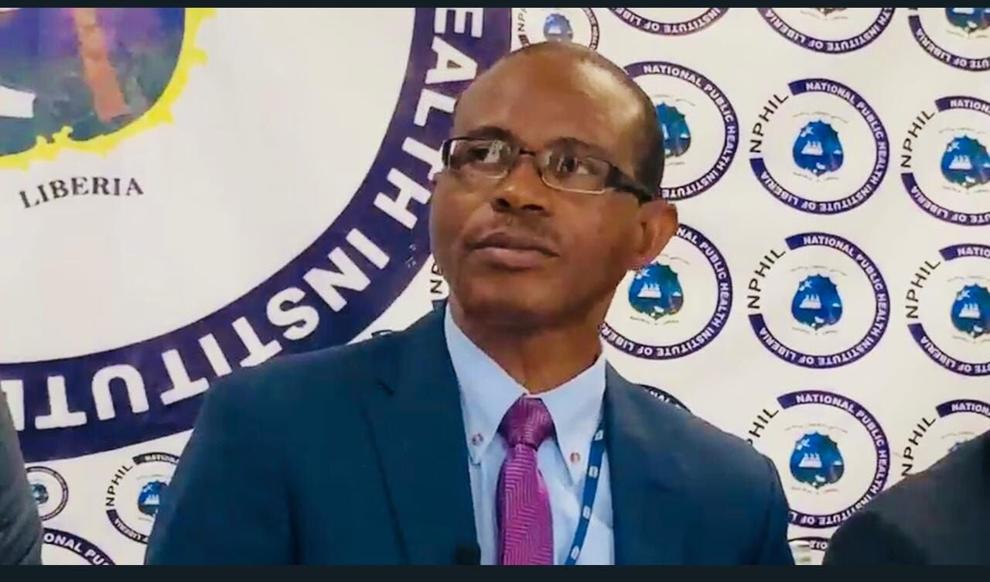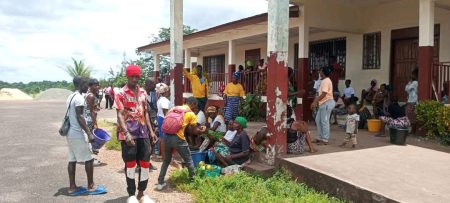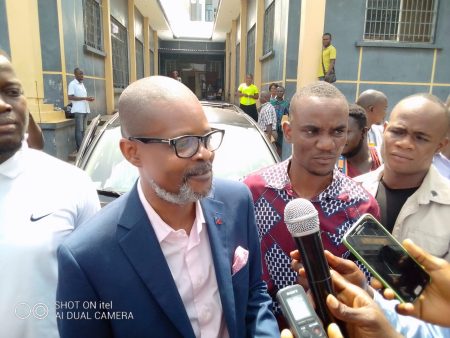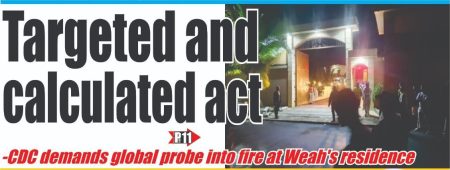The recent activation of a disease management system by the National Public Health Institute of Liberia (NPHIL) marks a significant step in the country’s efforts to manage the monkeypox outbreak. Dr. Dougbeh Chris Nyan, the Director-General of NPHIL, announced this initiative during a press briefing on September 3, 2024. This strategic move aims to control the current situation and safeguard public health as suspected and confirmed cases of monkeypox have arisen in Liberia. The disease management system will implement various measures, including visits to essential border points such as Roberts International Airport and the Bo Waterside border, to bolster monitoring and response initiatives.
Monkeypox is an infectious disease belonging to the Orthopoxvirus genus, which also includes the variola virus that causes smallpox. The disease is characterized by rash or skin lesions primarily appearing on the face, palms, and soles of the feet. There are two distinct clades of the monkeypox virus: the West African clade and the Congo Basin clade. Typically, infections from the West African strain are less severe than those from the Congo Basin strain. The urgency of the situation has been underscored by the World Health Organization (WHO), which, on August 14, 2024, declared the resurgence of monkeypox in several African nations, including the Democratic Republic of the Congo (DRC), a public health emergency of international concern. This declaration becomes the second related emergency over monkeypox in two years.
As of the latest reports, Liberia has documented seven suspected cases and one confirmed case of monkeypox. Dr. Nyan clarified that the six suspected cases reported as positive were not currently active, indicating that all individuals involved have recovered, and fortunately, there have been no fatalities. The symptoms of monkeypox typically appear between two to 15 days post-exposure and may include fever, muscle aches, headaches, and a rash that resembles that of smallpox. Dr. Nyan emphasized that while monkeypox is treatable through antiviral medications, proactive reporting of symptoms remains vital for effective management and containment of the disease. He encouraged individuals experiencing symptoms to reach out via the designated hotline.
Despite the availability of vaccines, the limited supply has prompted NPHIL to enhance its surveillance and response systems across Liberia. Dr. Nyan highlighted the importance of early detection and monitoring in mitigating the outbreak and stressed that NPHIL is working diligently to improve both prevention and reaction strategies concerning monkeypox. Alongside the activation of the epidemic medical surveillance group and the county health officials, NPHIL has also requested diagnostic kits from the WHO to boost laboratory testing capabilities concerning monkeypox.
The ongoing efforts include frequent inspections and visits to major border points to ensure comprehensive monitoring and prompt responses to any developments regarding the monkeypox outbreak. This systematic approach aims not only to control the current cases but also to prevent future outbreaks as Liberia navigates the complexities of public health amidst the resurgence of infectious diseases like monkeypox. By bolstering its health systems and emphasizing the importance of collaboration and vigilance among healthcare professionals and the general public, Liberia aims to respond effectively to this public health challenge.
In summary, the initiation of a comprehensive disease management system by the NPHIL represents a proactive and structured approach to combating the monkeypox outbreak in Liberia. This initiative is critical for ensuring the health and safety of the population, demonstrating the authorities’ commitment to monitoring, prevention, and effective response. With the support of international health agencies like the WHO, Liberia continues to take necessary steps to manage the situation while advocating for community engagement and awareness regarding the signs and symptoms of monkeypox.














